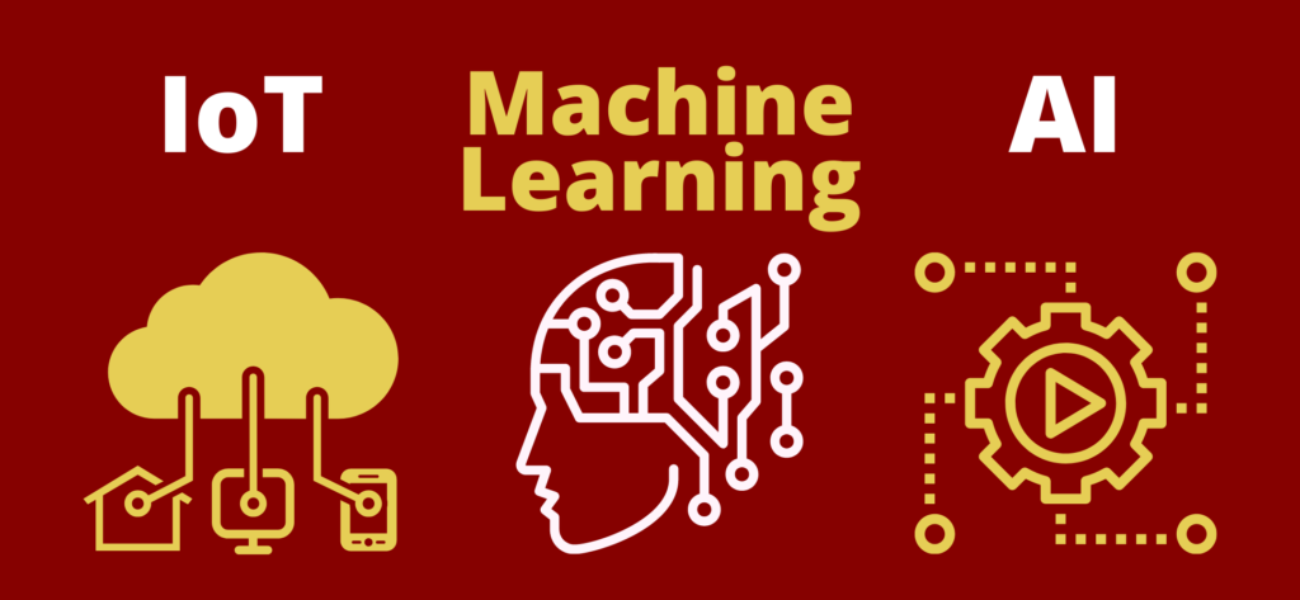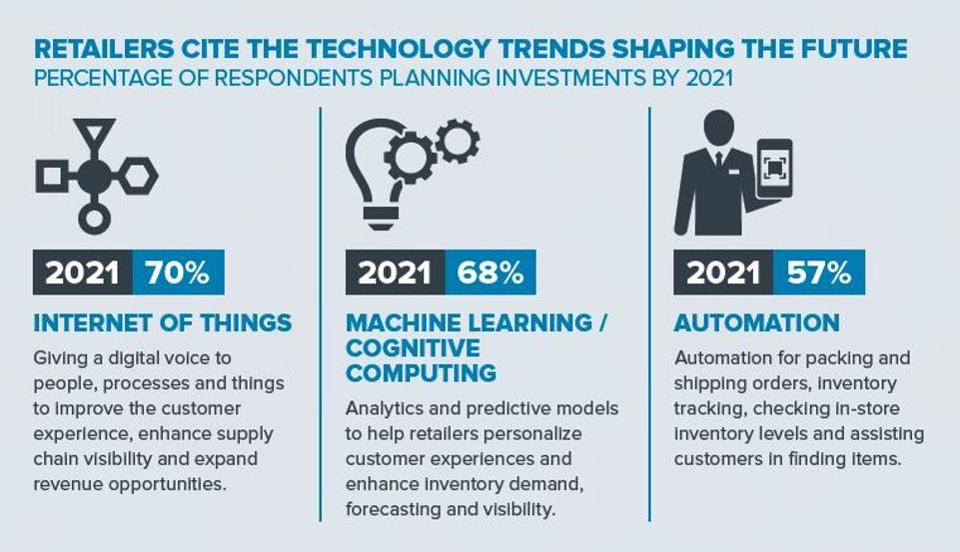How to Lead Your Company Through a Crisis

Although COVID-19 was one of the most disruptive events any company has likely faced, companies can still use this opportunity as a time to reset goals, methods, and milestones.
Even before COVID-19, many companies in virtually every industry had a need for transformation. Now, and after COVID-19, companies are faced with even more reasons why they need a rapid relaunch of operational and cultural adaptation strategies. Although many companies have already undergone extreme transformation (one pertinent example is American Airlines starting a wine delivery business), it is not enough to establish the catalyst for change. Most businesses have launched initiatives to reduce costs, implement new e-commerce models, reinvent supply chains, and improve engagement internally and with customers. Companies must implement a process-focused and customer-centric culture to build out the new frameworks and reposition themselves for the new normal.
One need almost every company has is to improve and increase their abilities to serve clients with COVID-19 restrictions in place, and to provide employees with a way to stay in touch with each other remotely. With CBRE reporting that 2020 was “the worst year for office leasing since the Great Recession”[1], companies need to figure out how to still provide the same level of service, and make sure their employees have the tools and support they need to execute on their tasks. Working from home also known as “working from anywhere”, presents leadership and cultural challenges for every organizations. These challenges are magnified by the constantly changing nature of a transformational journey.
Once a vision and future target operating model have been determined, company executives need to move quickly and decisively to implement their bold ideas. CEOs must quickly build on those baseline actions by taking bolder measures. One key to experiencing a successful transformation is to have set targets, coordinated actions, and clear milestones. These reliable set of measures lead to an effectively managed program that provides results quickly and establishes effective communication both within and outside the organization. Strong executive sponsorship and support has been one of the key success factors of large and small transformation projects. This success is driven by the leaders’ ability to stir the company towards a transformational culture embedded in the core values of the organization. These leaders are able to ensure that their company, and most importantly their employees, thrive during such uncertain times. Agility is the one trait that is absolutely critical for organizations to navigate the overall economic uncertainty.
With each day spent in the old framework, companies continue to lose business and market share. That is why the evolution of a company and the implementation of new methodologies must be done quickly and efficiently. It is imperative for executives to take immediate steps to galvanize their talent pool to sustain stronger cash flow while supporting the required investments into the company. These executives must understand that just cutting costs will not be sufficient enough to improve the company’s market position. It is also vital to improve capital efficiency and conquer short-term goals quickly to boost revenue.
With Internet of Things (IoT) and 5G gaining quickly in popularity and usage, companies are presented with great opportunities to transform digitally and generate improvements in performance across the company. By introducing IoT, companies have been able to improve efficiencies by 83%.[2] Many companies can benefit tremendously from AI, machine learning, and robotic process automation in order to cut costs and improve performance. These transformations can be implemented for simple repetitive administrative tasks, as well as for HR workforce planning, invoicing, and payment approvals. According to Gartner, 30% of operational costs can be eliminated by redesigning operational processes and implementing automation technologies.[3] Rapid and effective implementation will be crucial in building the experience and expertise team leaders will need to lead their teams and increase credibility both internally and externally. As can be seen in the figure below[4], technology trends are shaping the future for those hardest hit by COVID-19 – retailers.

Another important trait of strong transformational leaders is that they emphasize growth and longevity as part of their transformation plans. Even though the first reaction of a CEO during a crisis is to cut costs, this is not sufficient in itself to serve as a transformative catalyst. Over time, what is more important is the ability to generate revenue and keep the company’s products or services relevant for customers.
An additional challenge is the increasing speed of change and technological innovation, which requires even greater flexibility and action within the company. Furthermore, companies will have a very hard time transforming without the proper investments. That is why overhauls need to include a strong R&D investment plan to create more value in the future. Investments in R&D and digital transformation allow companies to redesign business models, expand into new geographical markets and industries, and allow company leaders to engage their end-users much more effectively.
Another important trait for company executives is to realize that the current transformation will not be the last, and that the long-term future of the company’s success is what is paramount. That is why executives need to treat transformation as a marathon, not a sprint, regardless of how bleak the current situation may seem. Transformation should not be seen as a short-term project with a set number of tasks. C-suite executives that are able to implement successful transformations are those that know that they will have to keep setting new goals, act quickly and boldly, and continue to identify ways to make their organization timely and relevant. These leaders understand that transformation is a mindset and a culture.
Although COVID-19 was one of the most disruptive events any company has likely faced, companies can still use this opportunity as a time to reset goals, methods, and milestones.
How NMS can help and support you with transformation
Our Business Transformation team provides your organization with data-driven, hands-on solutions, leading to operations plans that get results. We collaborate with business executives, their teams and their investors to address people, processes and technological gaps. We use data analytics and best practices to establish solutions that support a successful transformation, while supporting the company’s strategic goals.
Our consulting services include Lean Enterprise, Operational Effectiveness, Change Management, Global Business Services, Data Management, Sales and Operations Planning, Business Intelligence, Supply Chain Analysis, Cost Improvements, and Strategic Sourcing and Procurement as well as Outsourcing and Off Shoring. We are also currently offering a free consultation. To sign up for our free consultation, please click here.
Sources
[1] CBRE
[2] Internet of Things statistics for 2020 – Taking things apart | DataProt
[3] RPA – Robotics Process Automation Trends and Statistics for 2020 – Xorlogics
About the Authors

Mr. Arthur Mansourian has a 12-year track record as both a management consultant and investment banker, advising clients on valuation, capital markets, structured financing, mergers, acquisitions and divestitures and general corporate strategy. Mr. Mansourian served as Vice President while at NMS Capital Advisors, when the company achieved cumulative sales growth of over 5,100% with annual compounded sales growth in excess of 120% from 2012 to 2017.

Mr. Bill Bentaieb brings 20 years of experience in management consulting and operational leadership. He has advised clients on business transformation in Europe, Canada, the USA, Middle East and Asia Pacific. Bill was instrumental in supporting clients achieve operational cost targets in the manufacturing, mining and natural resources, life sciences and technology sectors.

Mr. Ralf Lemp has a 33-year track record as an entrepreneur, management consultant, sales and marketing expert and university lecturer, mainly in the fields of digital transformation, telecommunication and IT strategy. Mr. Lemp headed his own companies, and also served as a senior consultant in established German and international consulting firms. Ralf is an entrepreneur, consultant, as well as a lecturer in management and digitalization.



